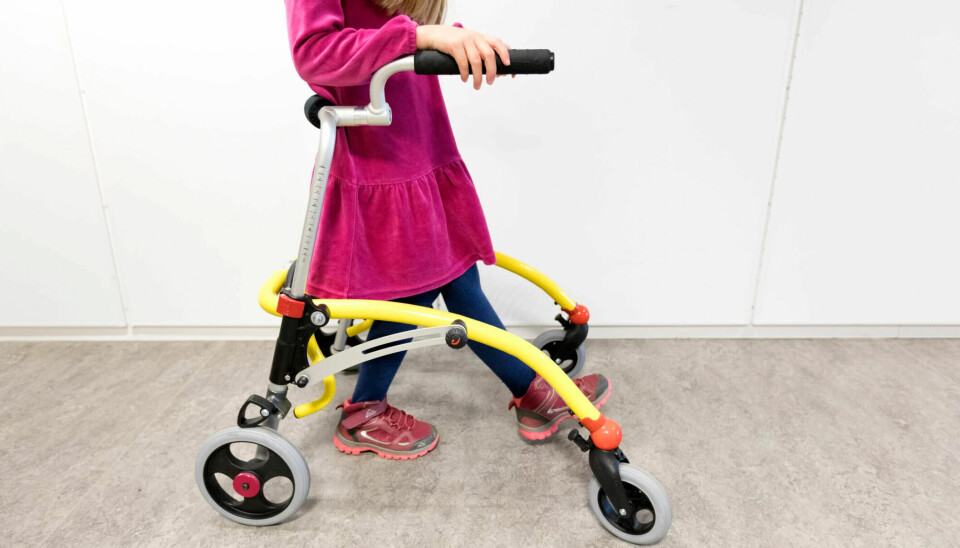
Mothers of children with disabilities earn less than fathers
A research group has looked at how income and employment affect parents of children with disabilities. The result shows that mothers earn less.
“The more severe a child’s condition is, the more likely the mother was to work and earn less, or to stop working entirely,” according to a research article from the Norwegian Institute of Public Health (NIPH).
The research article was prepared in collaboration between OsloMet and NIPH.
“This suggests that after having a child with disability, fathers continued to engage in paid labour and to work full time,” the article states.
Mothers of children with severe disabilities tended to switch from full-time to part-time positions after childbirth. Researchers were surprised that the differences increased when the children reached school age.
Generally, no corresponding reduced work capacity was found for fathers of children with severe disabilities as for the mothers.
Most viewed
The researchers have looked at data from over 273,000 parents of children born between 2004 and 2011. Information about the parents' work situation and income from four years before birth to ten years after birth has also been collected. The study looked at families who have children both with and without disabilities.
———
Translated by Alette Bjordal Gjellesvik.
Read the Norwegian version of this article on forskning.no
Reference:
Wondemu et al. Impact of child disability on parental employment and labour income: a quasi-experimental study of parents of children with disabilities in Norway, BMC Public Health, vol. 22, 2022.




































